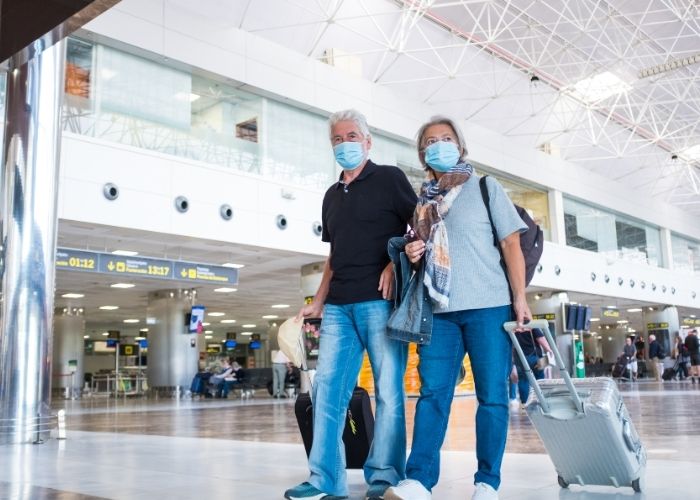Several countries and their respective health services have yet to comment on the ECDC advice, but the relaxation is expected to be broadly followed. However, the advice to vulnerable people remains to keep a mouth cap on at airports and on airplanes.
At the same time, the EU authorities point out that the mask is one of the best protection against the transmission of Covid-19.
However, there is still a formal obligation to face masks, although this is hardly enforced in practice and you see just as many people at airports with as without facemasks.
The update of the Joint Aviation Safety and Health Protocol by EASA and ECDC takes into account the latest developments in the pandemic and particular vaccination levels, naturally acquired immunity, and the consequent lifting of restrictions in an increasing number of European Nations.
‘Huge step forward’
“From next week, face masks will no longer be mandatory in all cases on air travel. This is broadly in line with the evolving requirements of national authorities across Europe for public transport. For passengers and flight crew this is a huge step forward in normalising air travel. However, passengers must behave responsibly and respect the choices of others around them. Consequently, a passenger who coughs and sneezes should seriously consider wearing a face mask. This is for the peace of mind of those around them. sitting,” said Patrick Ky, Executive Director of EASA.
Rules may still be different per airline
The new recommendations on the use of face masks will take effect from next Monday, May 16. The rules for face masks in particular will continue to differ per airline after that date.
According to the ECDC, there are still countries where a mask obligation applies in public transport. Spain is one of them. This means that a face mask obligation or advice will still apply to aircraft to and from those destinations.


